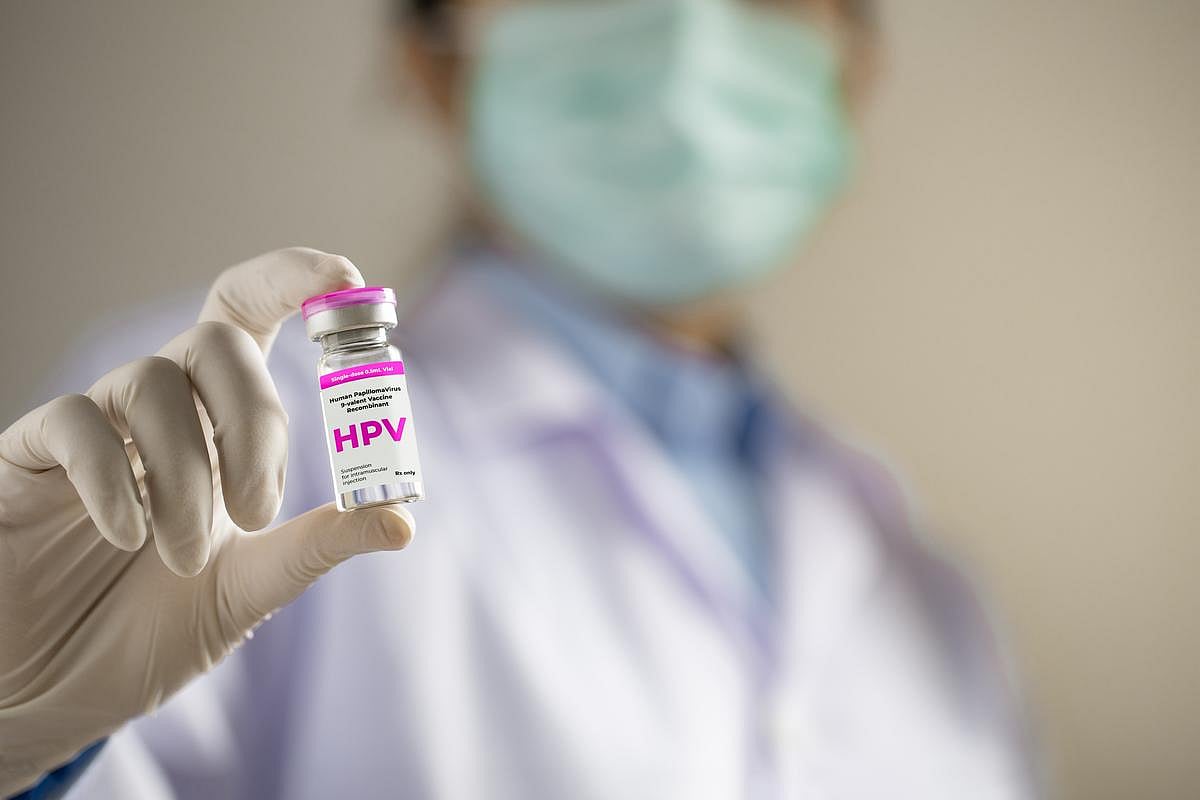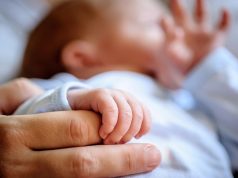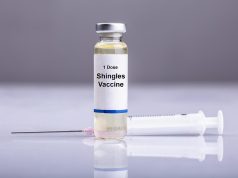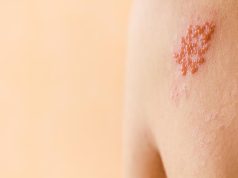Most pushback due to child expectations of vaccine-free visit at 9 years; discussions shorter since sexual activity not perceived as salient
By Elana Gotkine HealthDay Reporter
MONDAY, June 2, 2025 (HealthDay News) — Clinicians consider administration of human papillomavirus (HPV) vaccine as feasible at age 9 to 10 years, and parents appear to be receptive to discussing vaccination at this age, according to a study published online June 2 in Pediatrics.
Caroline K. Tietbohl, Ph.D., from the University of Colorado and Children’s Hospital Colorado in Aurora, and colleagues conducted an explanatory sequential mixed-methods study as part of an ongoing randomized trial that compared initiation at ages 9 to 10 years (intervention) versus 11 to 12 years (control) across 17 practices in Colorado (nine intervention) and 16 practices in California (eight intervention). At one month after study initiation, practice clinicians were surveyed, and semistructured interviews were conducted at three months after study initiation.
One-month surveys were completed by 66 and 39 Colorado and California clinicians (92 and 87 percent, respectively); 90 and 77 percent, respectively, were routinely initiating vaccines at age 9 or 10 years. The researchers found that most clinicians reported that vaccination at ages 9 to 10 years was not burdensome; issues were mainly unchanged, including parental concerns and discussion times. According to interviewees, many parents seemed receptive to discussing HPV vaccination at ages 9 to 10 years; pushback often resulted from child expectations for a vaccine-free visit at age 9 years, rather than concerns relating to vaccination. Since sexual activity was not perceived as salient, discussions at ages 9 to 10 years were shorter. The option of spacing out vaccines was preferred by many, with administration of a single vaccine at age 9 years and fewer at age 11 years.
“The results of our prospective trial will determine if initiating vaccination earlier increases vaccination completion rates, especially by age 13 years,” the authors write.
Copyright © 2025 HealthDay. All rights reserved.








